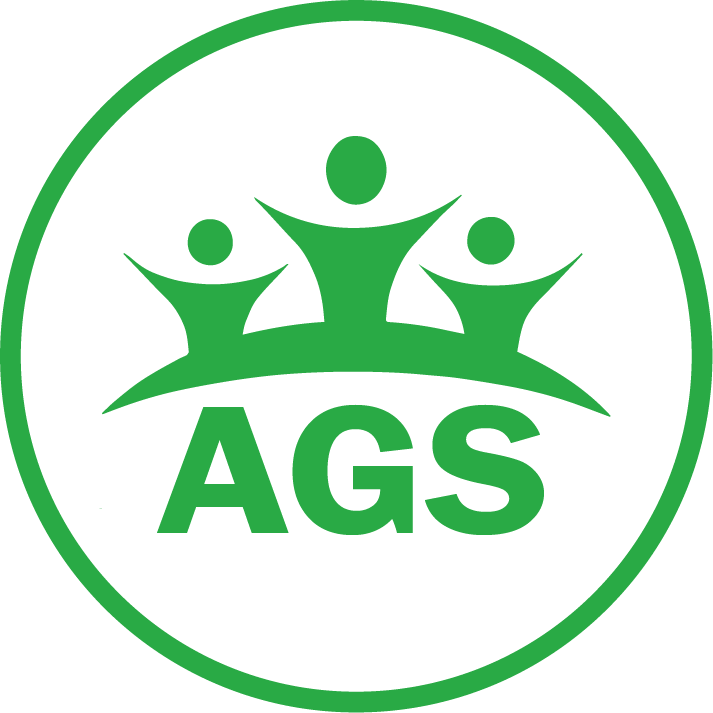
დავების მოგვარების ალტერნატიული მეთოდები
Alternative Dispute Resolution (ADS) is a widely used mechanism for resolving commercial disputes outside the formal court system. It is used in a variety of circumstances and in many jurisdictions. It has become popular for several reasons –
· It can, though not always, be quicker and cheaper than going through the courts;
· It can avoid the adversarial nature of court proceedings and can help to preserve the long term relationship between the parties;
· The parties can retain confidentiality, which is not possible in court proceedings;
· It enables the parties to have the dispute heard before someone with expertise in the subject matter of the dispute;
· ADR can be a more flexible and informal procedure than court proceedings;
- In many cases ADR can provide a solution that is tailored to the needs of the parties.
There are some disadvantages which have to be borne in mind when considering ADR: –
- In some cases an immediate legal remedy (such as an injunction to prevent a breach of confidence or intellectual property rights) is sought which can only be obtained from the courts;
- Not all ADR remedies are legally enforceable. This is particularly the case in mediation;
- In a common law jurisdiction such as England or the USA, the decisions of the courts can act as legally binding precedents in future cases whereas decisions reached by ADR do not set a legal precedent;
- Consideration also needs to be given as to the likely compensation award. A court may provide a higher award than that available under ADR;
- In choosing ADR care needs to be taken as to the quality of the ADR provider;
- In complex matters, the cost and the length of time taken by ADR can be equal or exceed that of a court;
- Points of law will still need to be determined by a court
The courts in England have recognized the value in having cases resolved before a court hearing. As a result, the court rules have been framed in such a way as to try and ensure that court proceedings are a last resort. For instance, English court rules set out pre-action protocols which provide a procedure that all litigants must go through to try and resolve disputes before embarking on court proceedings. Parties to a dispute are required to seriously consider whether a settlement is possible and whether a form of ADR, such as mediation, should be used. Litigation through the courts is seen by the judges as a measure of last resort that should only be take place if other methods of dispute resolution have failed. As part of court proceedings, the judges will frequently require evidence that ADR has been considered. When deciding which party should bear the costs of a court action, the judge must take into account the efforts made by the parties to resolve the dispute. If in the view of the judge, a party has unjustifiably refused efforts at settling the dispute outside the court, e.g. by mediation, that party may have to bear all the costs of the court action even if they have actually won the case.
There are various types of ADR which can be summarised as follows: –
- Expert Determination: This involves an independent adjudicator or expert, considering the claims of the parties in accordance with good practice in the relevant business;
- Arbitration: An arbitrator is appointed by the parties who will consider the submissions of the parties, either in person or through written submissions, and make a ruling that is legally binding on the parties. In England, the rules relating to arbitration are set out in the Arbitration Act 1996. There are very limited opportunities to challenge an award of the arbitrator such as where it is claimed that the arbitrator acted unfairly;
- Mediation: An independent mediator will try and resolve the dispute between the parties. The role of the mediator is to try and ascertain the key issues that need to be resolved and to suggest possible solutions. Mediation is not normally legally binding.
In employment disputes, ADR is automatic as part of the proceedings. As soon as a claim is lodged with the Employment Tribunal, the Advisory, Conciliation and Arbitration Service (ACAS) will try and mediate a settlement. The scheme has been a great success and as a result only a small fraction of the proceedings started in the Employment Tribunal ever reach a hearing.
Most commercial contracts now contain a dispute resolution clause which will govern how disputes relating to the contract are to be resolved. This will normally start with an escalation procedure setting out how disputes should be resolved internally e.g. an initial meeting between project managers and failing that a meeting between the managing directors. Only when the internal escalation procedure has been exhausted can the dispute be resolved externally. The clause will set out whether the dispute should go to mediation, expert determination or arbitration. In some contracts the parties will wish to exclude the courts except as a last resort. In other instances, the parties may wish to retain a right to go to court at any stage in the dispute. The clause will also set out how an expert, mediator or arbitrator is to be appointed. Normally this will be by reference to a trade association relevant to the industry concerned or to an organisation such as the Centre for Effective Dispute Resolution (CEDR.)
ADR is now recognized as an important tool in providing an effective means of dispute resolution, so much so, that the courts in England actively encourage its use in preference to traditional court proceedings. Even where it is not used, it is normal practice for parties to a dispute to seek to negotiate a settlement. As well as being encouraged by the courts, negotiation is seen as sensible as it is rare for one side to be totally to blame and no one can predict with absolute certainty how a court will decide a particular case.
Richard Abbott .
